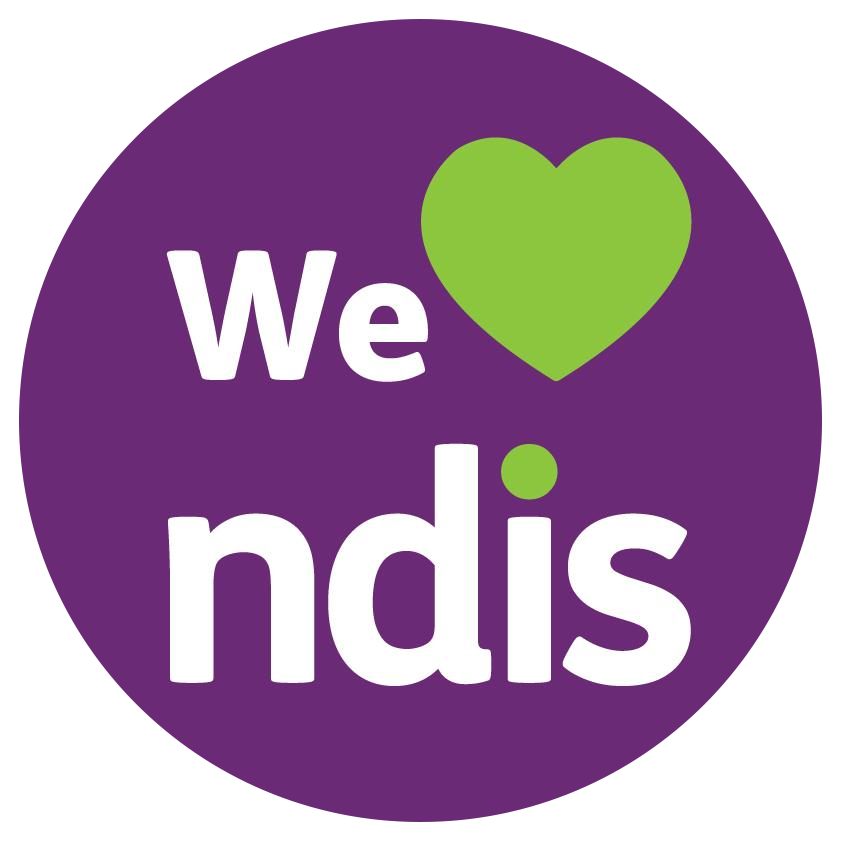1:1 Acceptance and Commitment Therapy

Our ACT specialists provide a specialised support approach integrating Acceptance & Commitment Therapy, mindfulness and consciousness shifting techniques to help and support carers and parents to consciously carry out their roles and provide their best to their child/children. We work 1:1 with parents and children providing profound strategies and techniques to help them identify antecedents leading to behaviours that are not helpful which lead to consequences that are not functional for them which moves away from their values. We work actively to overcome their barriers and challenges by helping them move towards replacement behaviours in line with their goals and committed action.
What to expect in a 1:1 Acceptance and Commitment Therapy:
Developmental Appropriateness: Ensure interventions are developmentally appropriate for children, using language and activities that are engaging and understandable.
Parental Involvement: Encourage active involvement of parents in the therapeutic process, providing guidance and support as they implement ACT principles in their parenting approach.
Feedback and Adjustment: Regularly solicit feedback from both parents and children to assess progress, address challenges, and make necessary adjustments to interventions and goals.
Benefits of 1:1 Acceptance and Commitment Therapy:
- Self-Compassion: Parents learn to cultivate self-compassion and reduce self-criticism, which can contribute to more nurturing and supportive parenting practices.
- Enhanced Social Skills: Children practice mindfulness and present-moment awareness, which can improve their social interactions and relationships with peers and adults.
- Parent-Child Relationship: ACT emphasizes mindfulness and present-moment awareness, which can enhance the quality of interactions between parents and children. Parents learn to be more attuned and responsive to their child’s emotional cues and needs.
- Enhanced Social Skills: Children practice mindfulness and present-moment awareness, which can improve their social interactions and relationships with peers and adults.


